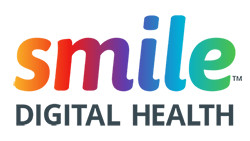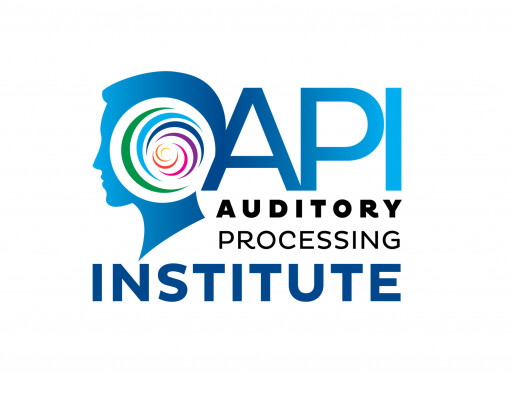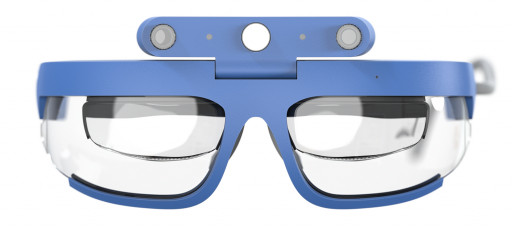
The Intelligent Health Data Symposium Goes Hybrid

 TIFF Bell Lightbox will be the site for health IT adventurers this spring at Smile Digital Health’s first-ever in-person IHD.
TIFF Bell Lightbox will be the site for health IT adventurers this spring at Smile Digital Health’s first-ever in-person IHD.
TORONTO, April 6, 2023 (Newswire.com)
–
Smile Digital Health (Smile), a leading FHIR® health data fabric and exchange solutions provider, announced on Jan. 25, 2023, that its annual Intelligent Health Data (IHD) Symposium will be taking place in Toronto at TIFF Bell Lightbox on May 15 – 16. This is in addition to its traditional virtual offering. TIFFs unique atmosphere lends itself to networking opportunities, heightening the overall attendee experience.
The Hon. Sylvia Jones, Ontario’s Deputy Premier and Minister of Health, is the event’s featured keynote speaker. Minister Jones has worked with healthcare partners from across Ontario, championing initiatives to advance easier and faster access to care along with creating additional options for care in each community. Her passion and advocacy for building a more convenient and connected healthcare system stem from her belief that putting the patient back at the center of healthcare is the key to the future. Minister Jones will share her insights on the future of healthcare in Ontario.
The third annual symposium provides attendees the opportunity to take a health data adventure of their own making, with three theaters and over 20 sessions to choose from. Presented by a host of industry leaders, session topics cover current health data innovations and solutions to a range of pertinent industry concerns, such as Overview of the Shared pan-Canadian Interoperability Roadmap; Large Language Models in Healthcare; AI in Healthcare: Identifying the Opportunities in Healthcare by Understanding the Job of Healthcare and Wearables on FHIR: How best to represent time-series data in the FHIR standard. The full agenda can be found on the IHD website.
“Hosting an event like IHD helps drive that collaboration in the health IT community that is so integral to achieving better global health. We appreciate having the opportunity to hold such an event and are thrilled that Minister Jones will set the stage for two days of learning, networking and idea sharing,” said Duncan Weatherston, Chief Executive Officer, Smile Digital Health. “This event underscores Smile’s commitment to building a world-class learning health system across Ontario.”
The symposium’s platinum sponsor, Accenture, is a Fortune Global 500 company specializing in information technology services and consulting.
“Helping to foster innovation and growth in the community and working with a partner like Smile Digital Health make being part of an event like IHD an easy decision. Our goal is to create 360° Value for all our stakeholders—our clients, people, shareholders, partners and communities. Bringing the health IT community together is one way we can do just that,” said Karina Guy, Managing Director and National Lead, Applied Intelligence in Health Care and Life Sciences, Accenture (Canada).
Attendees visiting Toronto, the third largest tech hub in North America, can enjoy a preferred room rate at the Hyatt Regency Hotel as long as they book by April 13, 2023.
Changes in the digital health landscape are happening at hyperspeed. Smile wants to share their journey on the road to digital transformation in healthcare. IHD 2023 is one step along the way. Guests can register on the IHD website.
###
About Smile Digital Health
Smile Digital Health is a health information technology company focused on delivering better global health through open standards. Our enterprise-grade, open framework data fabric and integration platform fuels healthcare’s digital transformation and accelerates value creation across all patient journeys at scale. our HL7® FHIR® standard-based clinical data repository (#SmileInside), our platform enables collaboration and allows organizations to ingest, transform, store, enrich, analyze, aggregate and meaningfully share the health information to power digital transformation. We prepare healthcare providers, payers, researchers and life sciences organizations for a connected future beyond legacy systems, adding new value through the intelligent use of information, and ultimately delivering better patient outcomes. For more information, visit SmileDigitalHealth.com.
Contact Information:
Victoria Valladolid
Director of Marketing, Smile Digital Health
(877) 537-3343 x 728
Original Source:
The Intelligent Health Data Symposium Goes Hybrid










